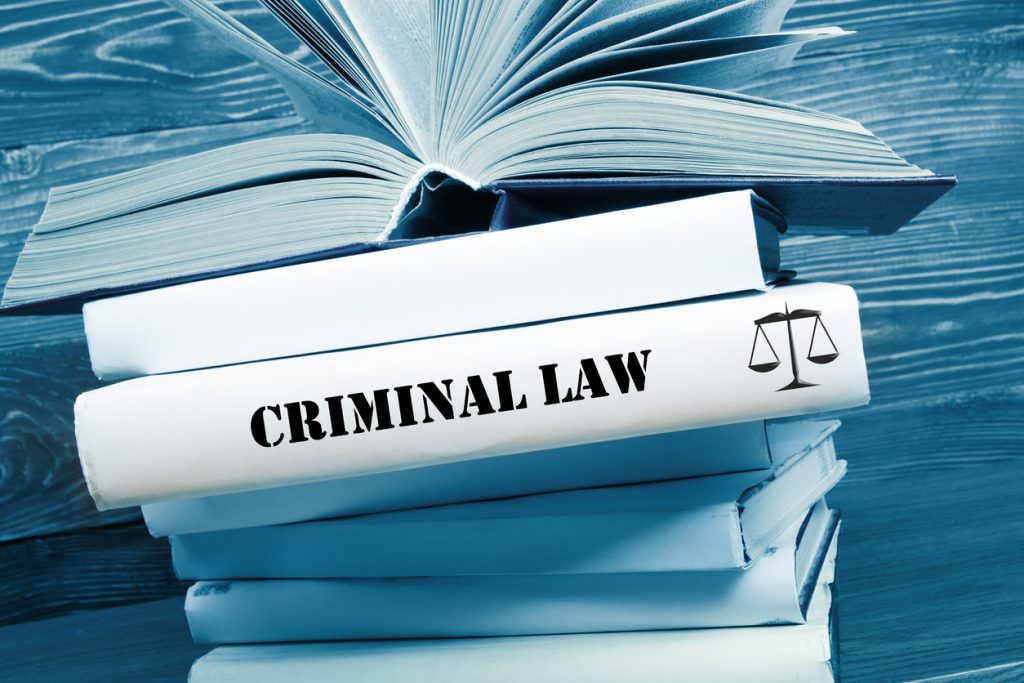The pursuit of justice is a delicate balancing act, constantly navigating the tension between individual rights and the overarching goal of uncovering the truth. The legal system, with its intricate procedures and complex terminology, can be a daunting landscape for those unfamiliar with its inner workings. Criminal defense attorney Austin residents often rely on understanding this delicate balance. In this complex arena, the role of a skilled advocate becomes paramount. These legal professionals act as guides, interpreters, and champions for their clients, ensuring their voices are heard and their rights are protected. This article explores the journey of a seasoned advocate, delving into the qualities and experiences that make them invaluable in the pursuit of justice.
The Crucible of Experience: Honing Legal Acumen
Honing Legal Acumen requires more than just theoretical knowledge of the law; it demands practical experience, honed through years of navigating the complexities of the legal system. Experience refines judgment, sharpens analytical skills, and cultivates an intuitive understanding of courtroom dynamics. A seasoned advocate can anticipate challenges, identify potential weaknesses in opposing arguments, and develop effective strategies to protect their client's interests. This experience allows them to make informed decisions under pressure, often in situations where the stakes are incredibly high. The legal landscape is constantly evolving, with new precedents being set and laws being amended. A commitment to continuous learning is essential for any advocate seeking to remain at the forefront of their field.
Unveiling the Truth: The Art of Investigation
The Art of Investigation is a cornerstone of effective legal advocacy. While law enforcement conducts its investigations, a skilled advocate understands the importance of independent inquiry. Uncovering the truth often requires challenging assumptions, scrutinizing evidence, and pursuing leads that may have been overlooked. This might involve interviewing witnesses, consulting with expert witnesses, analyzing forensic evidence, or meticulously reviewing documents. For example, a Georgetown criminal lawyer might re-interview witnesses to clarify inconsistencies in their statements or hire a forensic expert to challenge the prosecution's interpretation of evidence. A thorough and independent investigation can significantly strengthen a defense and challenge the prosecution's narrative.
Crafting a Defense: Building a Strategic Foundation
Building a Strategic Foundation is essential for a successful defense. Each criminal case presents unique circumstances, demanding a tailored approach. A seasoned advocate will meticulously analyze the evidence, identify potential legal challenges, and explore all available options to craft the most effective defense strategy. Open and honest communication with the client is paramount in this process. The advocate needs to understand the client's perspective, their concerns, and their goals. Examples of defense strategies include presenting alibi witnesses, arguing self-defense, challenging the validity of evidence, or demonstrating that the prosecution has failed to meet its burden of proof. Ethical considerations always guide a lawyer's strategic choices.
Protecting Rights: A Bastion of Due Process
Protecting Rights is a fundamental duty of every advocate. The accused has certain fundamental rights, including the right to remain silent, the right to legal counsel, and the right to a fair trial. Advocates serve as guardians of these rights, ensuring that due process is followed at every stage of the legal proceedings. This may involve challenging unlawful searches and seizures, preventing police misconduct, or ensuring that clients are not subjected to coercive interrogation tactics. For example, a lawyer might file a motion to suppress evidence that was obtained illegally. A skilled advocate acts as a bulwark against any attempt to erode these essential protections.
Pros and Cons of Plea Bargains
| Pros | Cons |
| Avoids lengthy and expensive trial | The client may plead guilty to a higher charge |
| Offers certainty of outcome | May not reflect the true level of culpability |
| This can result in reduced charges/sentences | Can create a criminal record |
| Saves court resources | May pressure innocent people to plead guilty |
The Power of Persuasion: Advocacy in Action
Advocacy in Action takes many forms, both inside and outside the courtroom. Inside the courtroom, the advocate must be a persuasive communicator, presenting compelling arguments, cross-examining witnesses effectively, and challenging the prosecution's narrative. They must be able to articulate their client's position clearly and concisely, weaving together evidence and legal precedent to create a convincing case. Outside the courtroom, negotiation plays a crucial role. A skilled negotiator can often secure favorable outcomes for their clients through plea bargains or pre-trial agreements. The advocate's role is to balance assertive representation with ethical considerations.
Conclusion
Seasoned advocates are more than just legal technicians; they are architects of justice. They possess the experience, knowledge, and dedication to navigate the complexities of the legal system, ensuring that their clients' rights are protected and that the pursuit of truth prevails. Their commitment to due process, their investigative skills, and their persuasive advocacy are essential components of a fair and equitable legal system. The role of the advocate is not simply to win cases, but to ensure that justice is served.






















